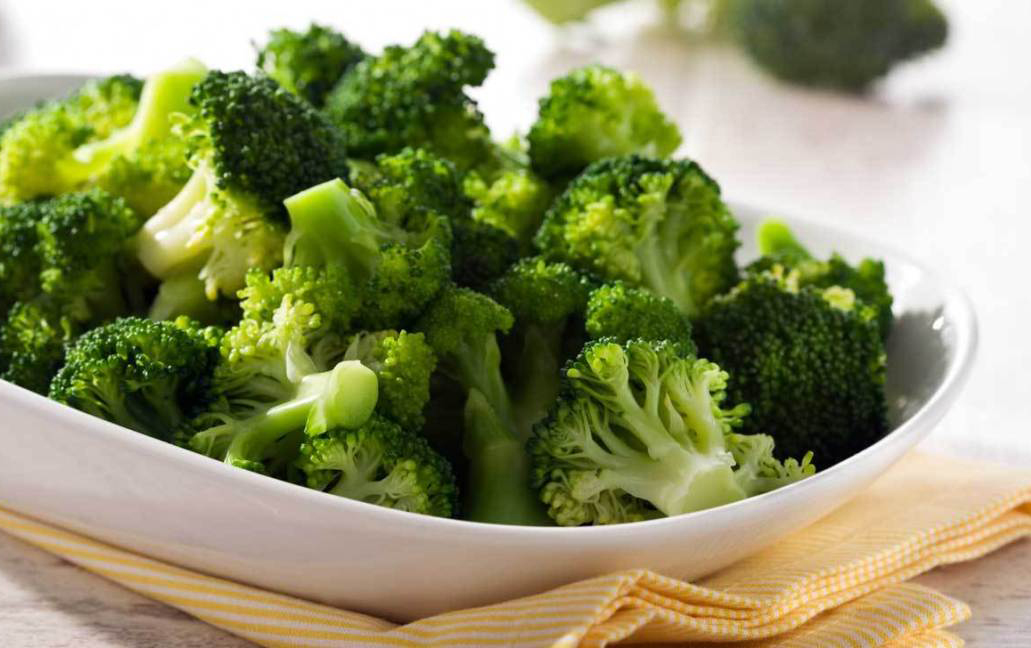
Broccoli is a cruciferous vegetable which are an excellent source of phenolic compounds, vitamin C, K, potassium, calcium as well as glucosinolates which are sulphur containing compounds that when broken down through mastication, food processing.
As it is spring and people are choosing to detox and start a fresh, which as a nutritionist is a great thing to do around this time of year. love them or hate them eating broccoli in your meals is one great way to do this.
What can Broccoli do for us?
- Broccoli can help support detoxing and help us fight cancer; when broken down through chewing, it releases an enzyme called myrosinase which releases glucose that help breakdown compounds such as isothiocyanates. These are highly reactive and potent inducers of phase II enzymes which is required for liver detox. Isothiocyanates have also been shown to inhibit mitosis (which is cell replication) and increase apoptosis (cell death), this is why we call broccoli “cancer fighters”, as they help stimulate cell death in human tumours. In its most simplest terms; your liver plays a role in our body at detoxifying toxins which enter our body through food, pollutions, chemicals, make-ups, cleaning products, alcohol, drugs, hormones, the list is endless, it then efficiently processes them and eliminates them through our urine. This is all good if everything is working well and you are detoxing, eating well and not being exposed to any of these everyday toxins which we can’t avoid. The cruciferous family are inducers of this pathway for phase II detox, hence it is recommended to eat them.
- Broccoli is good for bone strength; due to its contents of vitamin K and calcium it is good to help support bone strength and teeth. Green vegetables have adequate amounts of absorbable calcium and if you are vegan or vegetarian choosing not to have milk or cheese, you can get your calcium through veg like broccoli.
- Broccoli can help with cholesterol; it is high in soluble fibre which has been known to help reduce in LDL-C cholesterol due to the action of the isothiocyanates which are released through the mastication process.
- Broccoli can help improve immunity; the antioxidant and anti-inflammatory effects on the body due to its potent compounds. More research has shown that broccoli has effectively supported the body against pathological conditions. The vitamin C content of broccoli will also help support and nourish each cell in the body.
How should we prepare Broccoli?
Broccoli can be eaten cooked or raw — both are perfectly healthy but provide different nutrient profiles.
Different cooking methods, such as boiling, microwaving, stir-frying and steaming, alter the vegetable’s nutrient composition, particularly reducing vitamin C, as well as soluble protein and sugar. Steaming appears to have the fewest negative effects.
Still, raw or cooked, broccoli is an excellent source of vitamin C. Just half a cup (78 grams) of cooked broccoli provides 84% of the reference daily intake (RDI) — more than one-half orange can offer.
How to grow your own Broccoli?
Broccoli is cool-season crop, so it should be planted in early spring or late summer for the best results. High mid-summer temperatures will stunt its growth, so the goal is to get broccoli to mature before or after high temperatures are expected. See how to plant, grow, and harvest broccoli in the garden: plantingathome.com
Website: www.by-rosie.com
